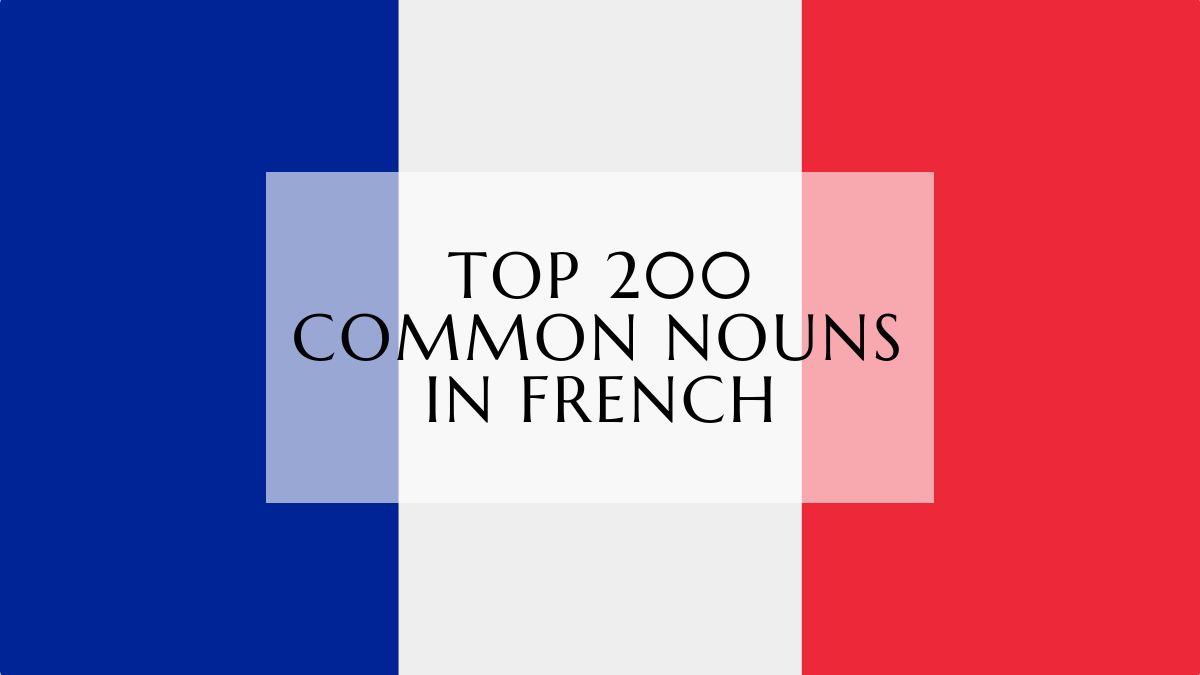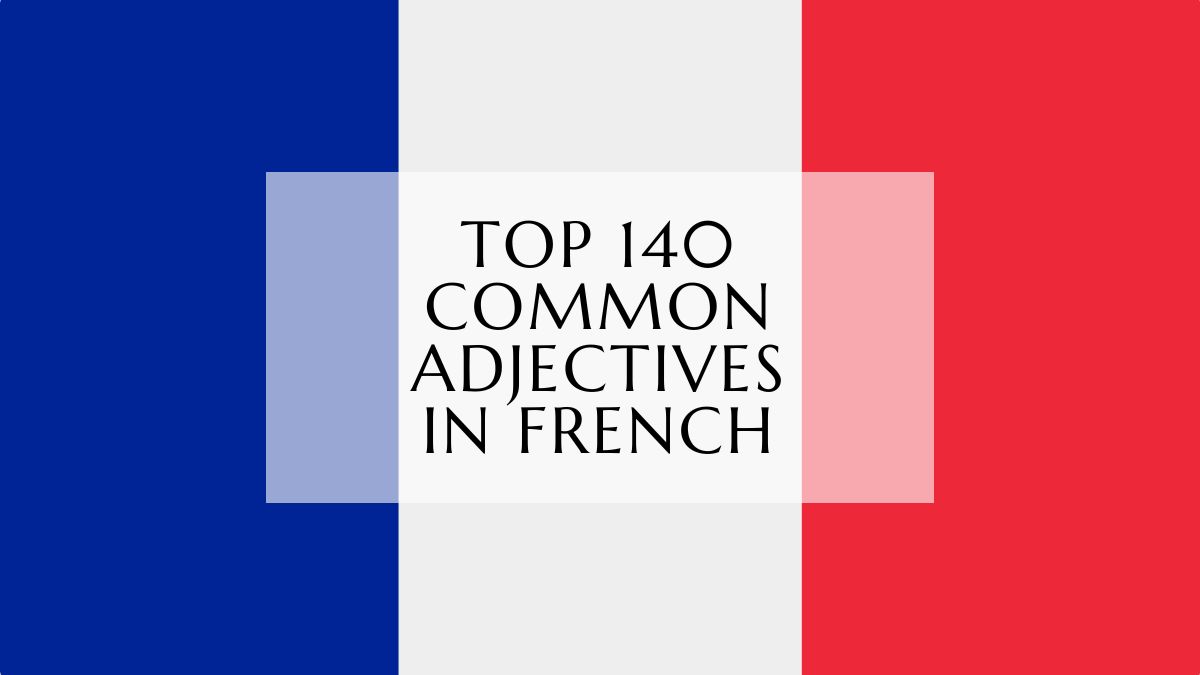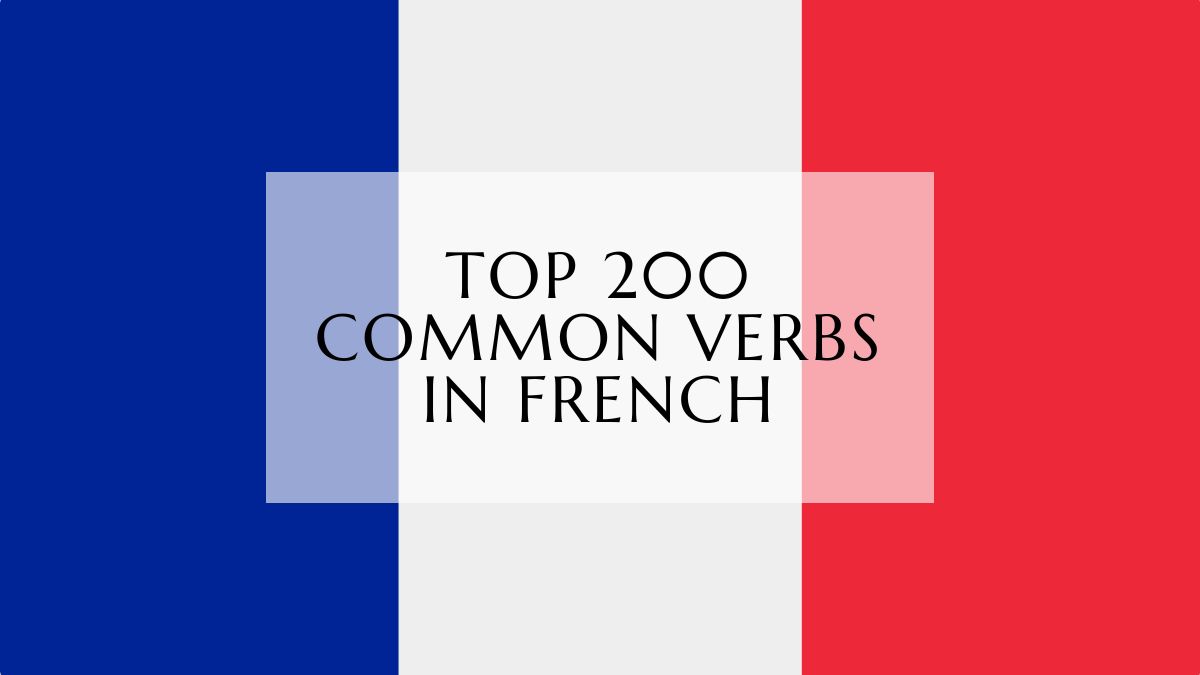Learning how to count in French is a very important skill to any French language learner, using it you can tell the hour, and your age, understand the cost of something or even tell how long you’re staying in a certain place.
So in this post, you will learn how to count from 0 to 20 in French (with audio) and then learn how to say numbers until 1 Billion! yes, you read it right.
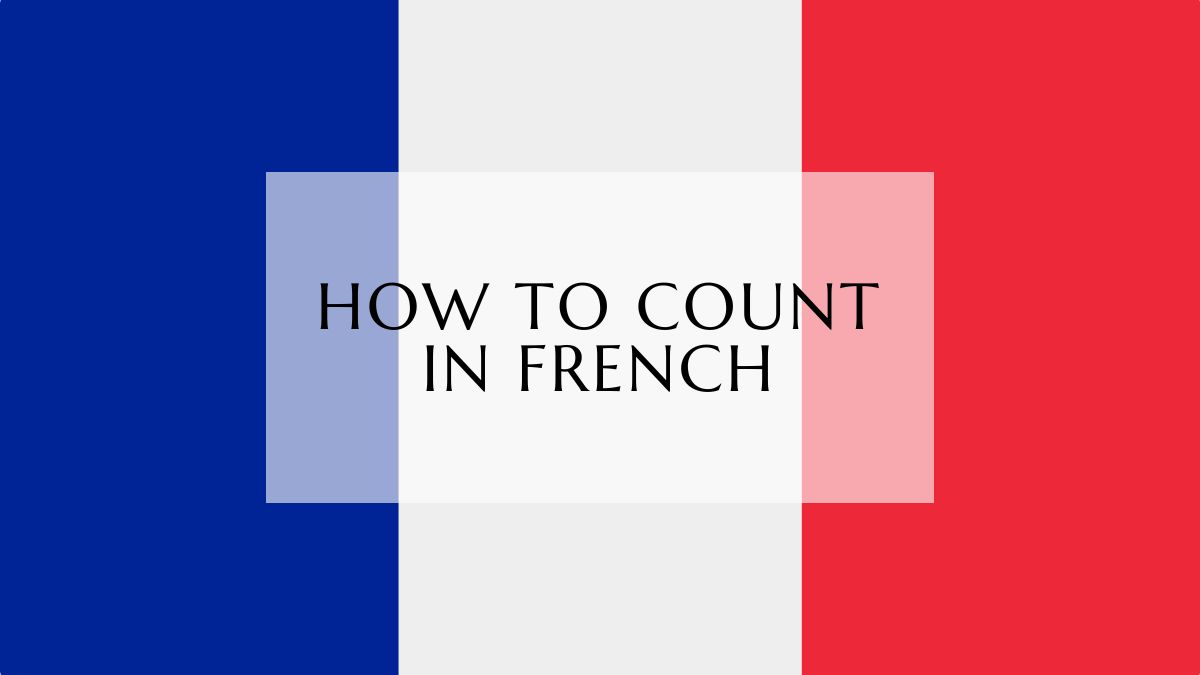
Counting From 0 To 20 In French
| Number | French |
| 0 | zéro |
| 1 | un |
| 2 | deux |
| 3 | trois |
| 4 | quatre |
| 5 | cinq |
| 6 | six |
| 7 | sept |
| 8 | huit |
| 9 | neuf |
| 10 | dix |
| 11 | onze |
| 12 | douze |
| 13 | treize |
| 14 | quatorze |
| 15 | quinze |
| 16 | seize |
| 17 | dix-sept |
| 18 | dix-huit |
| 19 | dix-neuf |
| 20 | vingt |
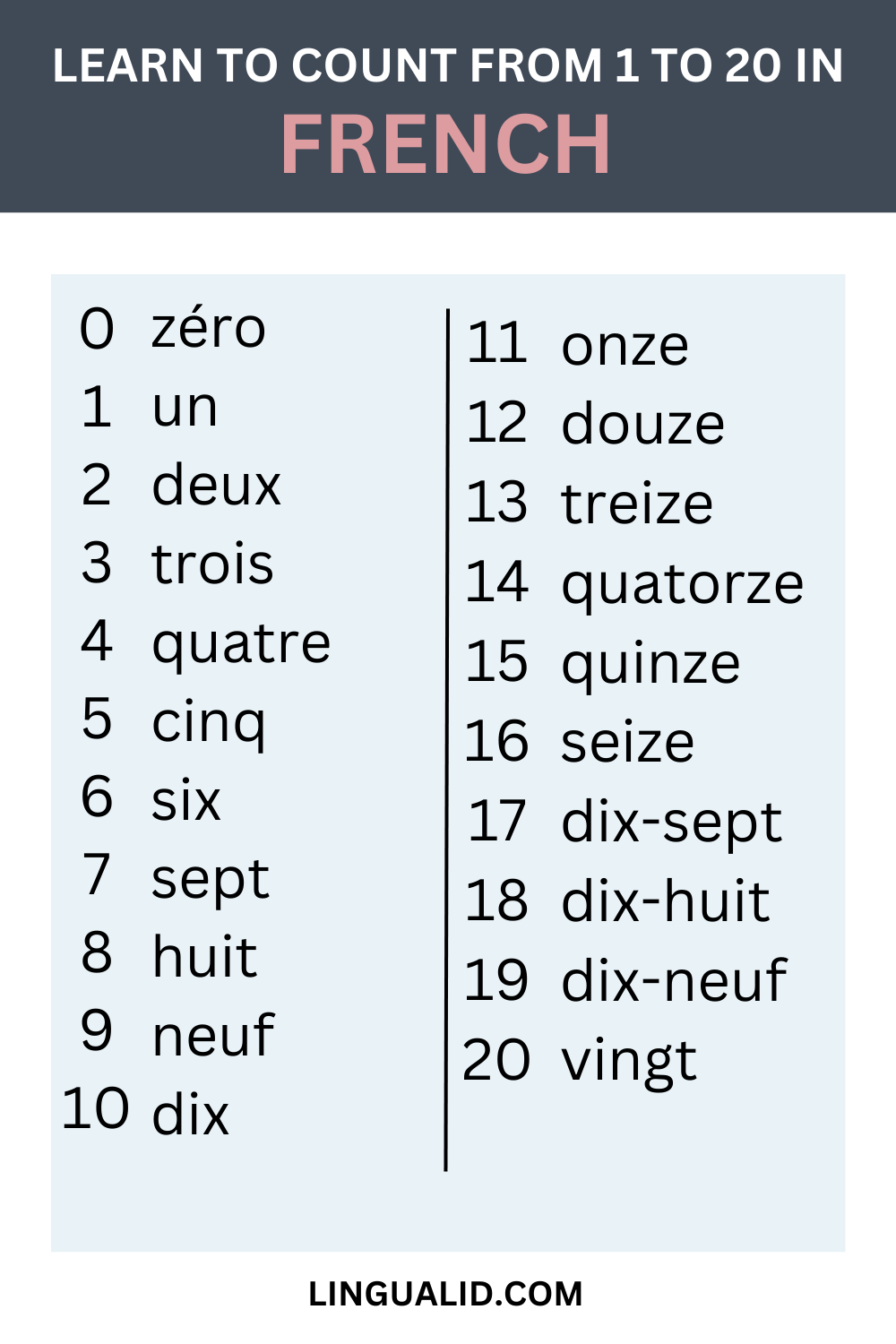
While counting anything “one” have two versions (un/une) that agree with the genders of the things that are counted, e.g:
One boy – un garçon
One girl – une fille
Un/une can also mean “a”, for example: a boy / un garçon
Note: you can practice what you’ve learned here, and learn how to pronounce each of the words in our Memrise course here, don’t know how to use the platform or sign up? we’ve got you covered in this easy-to-follow tutorial here.
Multiples Of 10
| Number | French |
| 10 | dix |
| 20 | vingt |
| 30 | trente |
| 40 | quarante |
| 50 | cinquante |
| 60 | soixante |
| 70 | soixante-dix |
| 80 | quatre-vingts |
| 90 | quatre vingt dix |
| 100 | cent |
Some tricky numbers:
- 70 = soixante-dix : “60+ 10”
- 80 = quatre-vingts : “four 20s”
- 90 = quatre-vingt : “four 20s + 10”
In Belgium for example, they take it easy:
- 70 = septante
- 80 = huitante
- 90 = nonante
Hundreds And Beyond
| Number | French |
| 100 | cent |
| 200 | deux cent |
| 300 | trois cents |
| 400 | quatre cents |
| 500 | cinq cents |
| 600 | six cent |
| 700 | sept cent |
| 800 | huit cents |
| 900 | neuf cent |
Counting From 1000 To 9000
| Number | French |
| 1000 | mille |
| 2000 | deux mille |
| 3000 | trois mille |
| 4000 | quatre mille |
| 5000 | cinq mille |
| 6000 | six mille |
| 7000 | sept mille |
| 8000 | huit mille |
| 9000 | neuf mille |
Let’s see some big numbers:
| Number | French |
| 10000 | dix mille |
| 20000 | vingt mille |
| 30000 | trente mille |
| 40000 | quarante mille |
| 100000 | cent mille |
| 200000 | deux cent mille |
| 500000 | cinq cent mille |
| 1.000.000 | un million |
| 2.000.000 | deux millions |
| 1.000.000.000 | milliard |
| 5682 | cinq mille quatre-vingt-deux |
| 2022 | deux mille vingt-deux |
| 2006 | deux mille six |
| 6400 | six mille quatre cents |
That was our lesson on how to count in French, try to practice as much as possible to get used to it.
French Numbers: A Study Guide
Quiz
Instructions: Answer the following questions in 2-3 sentences.
- Explain the difference between “un” and “une” when counting in French.
- How do you say the number 70 in French, and what is the literal translation?
- What are the French words for 80 and 90, and how are they formed?
- Provide the French words for 200, 600, and 900.
- How do you say “one thousand” and “five thousand” in French?
- What is the French word for “one million”?
- Write out the French phrase for the year 2023.
- How would you say the number 3,456 in French?
- What is unique about the French words for numbers 70, 80, and 90 in Belgium?
- Besides stating age, what are two other contexts where you might use French numbers?
Quiz Answer Key
- “Un” and “une” both mean “one,” but they are used depending on the gender of the noun being counted. “Un” is used for masculine nouns, while “une” is used for feminine nouns.
- The French word for 70 is “soixante-dix,” which literally translates to “sixty-ten.”
- The French word for 80 is “quatre-vingts” (four twenties), and the word for 90 is “quatre-vingt-dix” (four twenties ten).
- 200: Deux cents; 600: Six cents; 900: Neuf cents
- One thousand: Mille; five thousand: Cinq mille.
- One million: Un million
- The year 2023 in French is: Deux mille vingt-trois
- 3,456 in French is: Trois mille quatre cent cinquante-six
- In Belgium, the numbers 70, 80, and 90 are simplified: 70 is “septante,” 80 is “huitante,” and 90 is “nonante.”
- French numbers are used in various contexts, including telling time, giving prices, providing phone numbers, and indicating dates.
Get a pdf file of this lesson and other 1000 essential French words now, write your email so we can send it to you:
Happy learning!
Oualid Cheddadi is the founder of Lingualid, a platform that inspires independent language learners worldwide, regardless of the language they are learning. The name “Lingualid” is derived from the Portuguese word for “language,” “língua,” and the last three letters of Oualid’s name, “Lid.”

